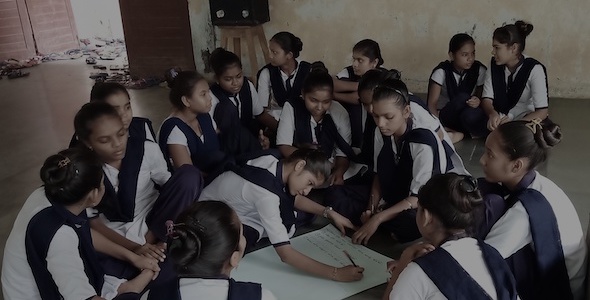01
COMPREHENSIVE EDUCATION FOR CHILDREN
The Child Rights program is one of the first programs undertaken by SAHAJ. With the belief that 'Every child must be guaranteed equal rights to survival, development, protection and participation, SAHAJ works on child rights issues, in Vadodara through a local grass-root level network of Childs' animators.
Read More...




